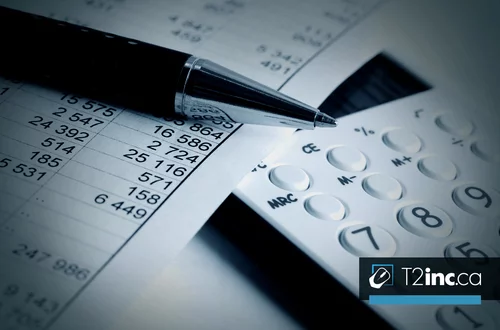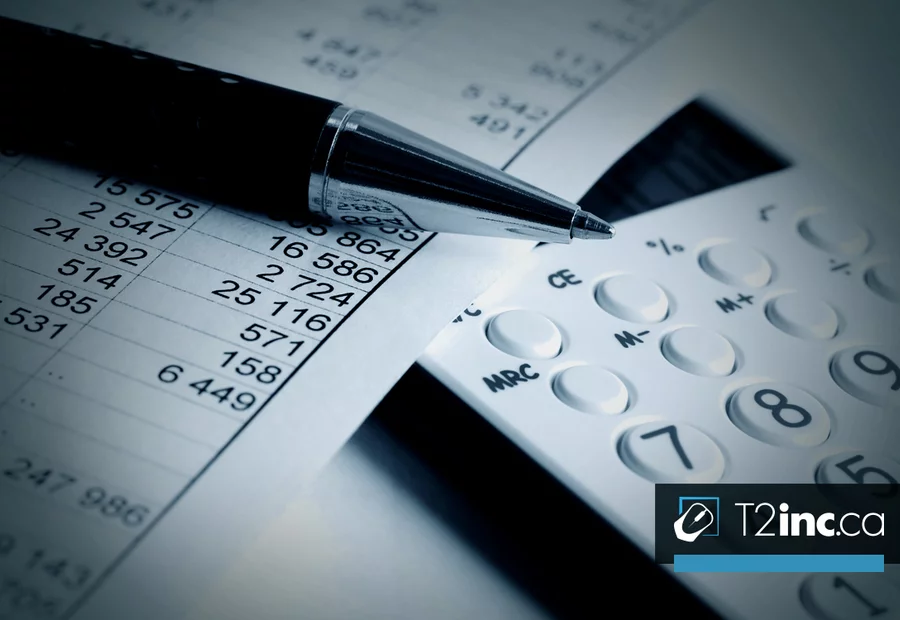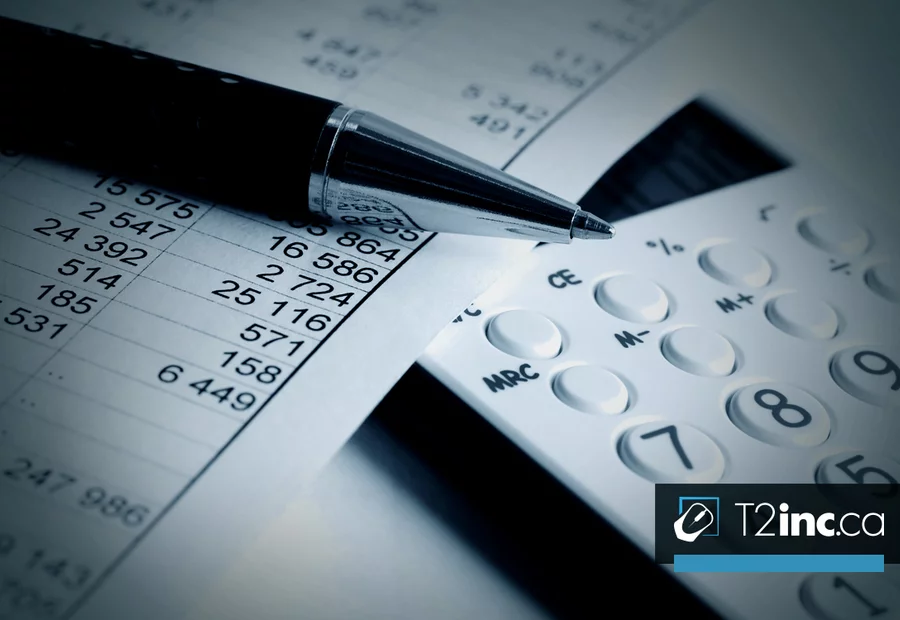Why is financial analysis important for your company?

Whether you want to expand or sell your company, raise additional funds or apply for business loans from banking institutions, you need to be able to present an inventory of your company. This will help you gain the trust of banks, investors and potential new partners.
Companies generally prepare this comprehensive report by carrying out a financial analysis. This is divided into two stages and offers several benefits for companies.
What is the purpose of conducting a financial analysis of your company?
A financial analysis will not only help you understand your company's financial condition, helping you determine its creditworthiness, profitability and ability to generate wealth, but will also provide you with a more in-depth look at how well it operates internally. This analysis is therefore a valuable health check-up that will help you better understand your company's needs. It can provide you with a more comprehensive overview of your company's tax situation and help you optimize its management, which could ultimately lead to greater profits and increased financial security.
In addition, this type of analysis is very useful when you need to claim funds or apply for loans. Most financial institutions require a balance sheet with a financial analysis to determine your company's ability to repay the loan(s) you will receive.
Finally, a financial analysis identifies your company's position in relation to the sector of activity, which allows you to keep an eye on the competition. It also considers the potential risks that can affect the market. This can be useful in building an effective business strategy and minimizing your exposure to these risks.
Steps in a financial analysis of your company
To establish a comprehensive balance sheet of your company, a financial analysis goes beyond its accounts. It looks at several factors that it examines in two stages: first through an economic diagnosis, followed by a financial diagnosis.
The economic diagnosis
This part of the financial analysis consists of assessing the state of your company's economic sector and its competitive positioning. The economic diagnosis therefore establishes a study of the market in which your company operates, as well as an analysis of your company's production and the distribution of its services. It also looks at your company's shareholding and underlying values.
The financial diagnosis
This diagnosis focuses on your company's accounting by determining its performance based on, among other things, its margin, its sales and its break-even point. This step allows you to analyze your company's financial structure and determine its assets, such as its financing methods and its cash flow. In addition, the financial diagnosis measures the profitability of your company.
Trust a specialist to conduct a financial analysis of your company
Carrying out a financial analysis of your company therefore has many benefits and could, inter alia, increase its performance. Keep in mind that your industry is not static. You may want to plan to conduct periodic financial analyzes.
At T2inc.ca, we are committed to providing you with the best possible support for your company's tax needs with our innovative software solutions. For any questions regarding financial analysis, please contact the T2inc.ca team.
Contact our experts
Have a question? Need help? Fill out our online form to get help from our experts.
Contact usNeed more help?
Contact us by filling out our form
Are you interested in our services, but would like more information before taking the plunge? Contact us today and one of our tax accountants will be in touch to help you.
At T2inc.ca, we're committed to helping business owners manage their company's tax affairs so they can grow their business.




